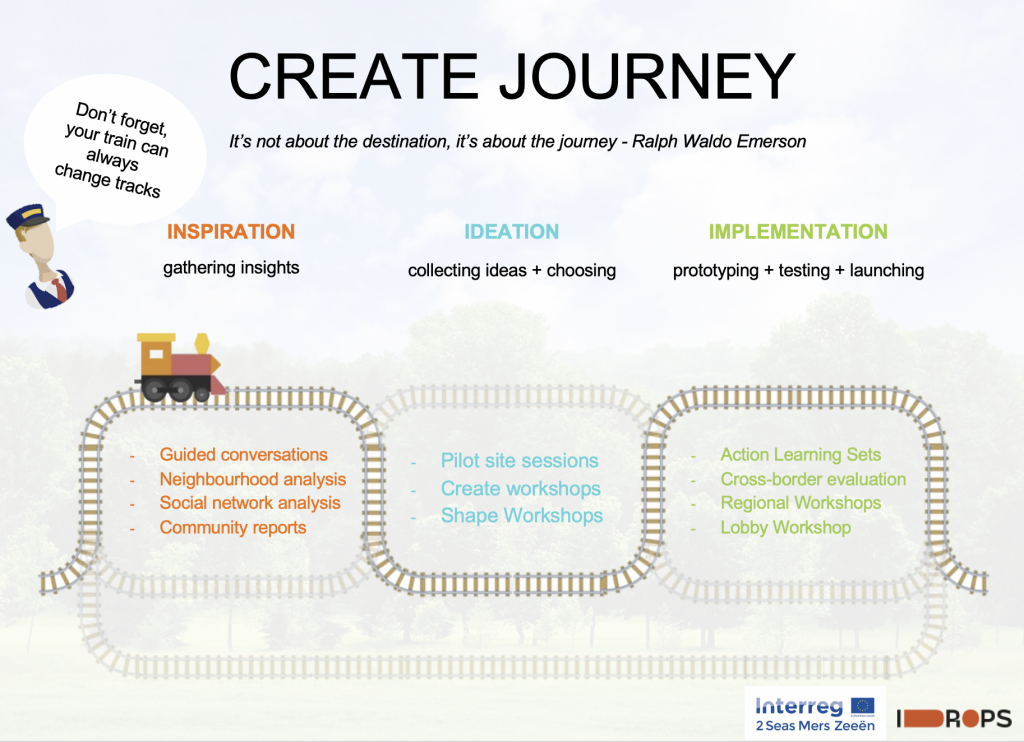Our French intern, Valentine, has again translated this month’s blog for us into French. It is a research reflection by Shuks Esmene, our postdoctoral research fellow. To read the original English language version, click here.
A l’occasion des ateliers CREATE, les partenaires du projet HAIRE se sont rassemblés pour discuter de leurs premières idées d’innovations destinées à améliorer le bien-être des séniors dans les sites pilotes. Les outils de recherche utilisés dans le cadre du projet représentent un aspect essentiel de l’apprentissage HAIRE. En particulier, les expériences et les idées de tous les partenaires, y compris des bénévoles et des participants, sont aussi importantes que ces outils le sont pour identifier des actions axées sur la personne et adaptées au milieu qui soient pertinentes à échelle locale.
Notre atelier de poésie a montré que les partenaires de prestation et les équipes de recherche du projet HAIRE sont parvenus à élaborer un environnement favorable à la discussion – même en ces temps troublés ! Les souvenirs de ces personnes âgées avec qui nous avons des liens privilégiés, par exemple des parents, des grands-parents, d’autres membres de la famille et des amis, ont inspiré une séance riche en émotions. Un de nos partenaires a fait remarquer :
« Ce ne sont pas des larmes de tristesse ! »
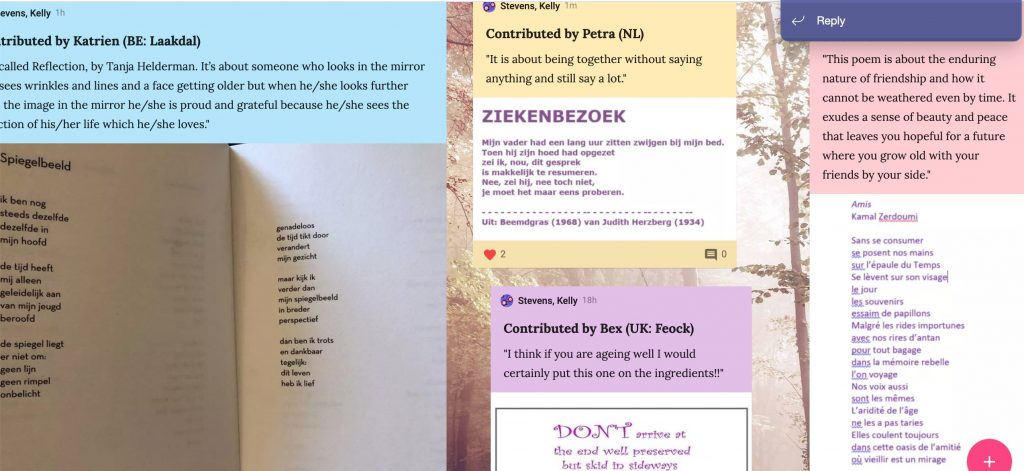
La remarque ci-dessus concernait un grand-parent défunt et résume la façon dont nos liens avec les personnes qui comptent pour nous s’étendent au-delà de leur présence physique auprès de nous. Bien qu’elles ne fussent qu’une parenthèse parmi les autres activités du projet, les réflexions que nous tirons de telles expériences peuvent aider HAIRE à amorcer des conversations relatives à l’intégration des soins dans nos communautés. Des soins plus approfondis. Des soins qui surpassent les besoins fonctionnels des individus. Ces besoins sont extrêmement importants, bien sûr. Cependant, le bien-être ne se limite pas à la somme des besoins fonctionnels d’un individu.
Les Conversations Guidées du projet HAIRE ont révélé que les activités et les passions qui importent aux participants (marcher, tricoter, lire et se rendre à des marchés locaux, entre autres) leur ont apporté de la joie et, malheureusement, de la tristesse lorsqu’ils n’ont pu s’y adonner pendant la pandémie. Ces conclusions ne sont en aucune façon propres au projet HAIRE, mais elles lui offrent plusieurs possibilités. Le réseau HAIRE, constitué de personnes soudées et attentionnées, va nous permettre de réfléchir différemment à notre façon de procéder face à ces conclusions. Certes, il est important de faire une liste des activités et des passions présentes dans une région, et de s’assurer que ces activités sont proposées à ses habitants, mais il faudrait aussi offrir l’opportunité aux séniors de développer de nouveaux centres d’intérêts et de nouvelles passions – ce serait une façon d’ajouter de la capacité à un lieu donné. La variété des activités et les activités extracurriculaires sont considérées comme une partie fondamentale du développement de l’enfant (1).
Je pense souvent à cette façon que nous avons d’essayer de trouver et de doser un assortiment d’activités spécifiques dont la population adulte puisse bénéficier – plutôt que de nous appliquer à mieux comprendre les modalités du bien-être de chaque individu. Comme nous l’avons dit durant nos discussions sur l’innovation au deuxième jour des ateliers CREATE, cela peut faire la différence d’« être prêt à commencer modestement » afin de produire des innovations qui restent ouvertes aux contributions des habitants – particulièrement si les opinions et points de vue reçoivent une réponse et ne sont pas perdus au fil des démarches administratives. A ce titre, les solutions numériques contribuent largement à améliorer la sensibilisation, mais c’était aussi encourageant de voir des idées se développer lors des ateliers autour des activités en face à face et de la notion d’« aller vers les gens ».

Dans leurs réponses aux Conversations Guidées, les participants ont communiqué l’importance qu’ils attachent aux interactions en face à face et aux évènements de rassemblement convivial. De plus, même si nous l’avons appris par le biais d’anecdotes, nous ne pouvons oublier que les commerçants et les docteurs étaient bien plus profondément intégrés dans les quartiers ruraux par le passé. Les services avaient plus souvent lieu en face à face, et ces expériences doivent être prises en compte lorsque l’on réunit des personnes âgées.
Par ailleurs, des préoccupations primordiales vis-à-vis du profil des participants recrutés jusqu’ici ont été soulevées lors des ateliers CREATE. On considère souvent qu’une méthode de communication qui attire et inclus les groupes vulnérables et marginalisés représente un défi (2). Les communautés inclusives doivent s’assurer que tout le monde sent qu’il ou elle fait partie du lieu dans lequel il ou elle vit, et que l’opportunité d’exprimer ses opinions leur soit donnée de façon à ce que tout le monde puisse contribuer à façonner l’avenir du lieu en question. Parvenir à une compréhension plus inclusive du bien-être représentera un défi important pour le projet HAIRE, et la démarche consistant à « être prêt à commencer modestement » pourra nous être bénéfique dans cette mesure également. La recherche a parfois tendance à se focaliser sur des chiffres et des objectifs à accomplir, tous les deux générés par des groupes larges et soi-disant représentatifs. Toutefois, si nous nous posons des questions essentielles sur les points de vue variés que nous avons recueillis pendant les Conversations Guidées, nous pouvons commencer modestement. Des questions telles que : comment se fait-il que quelqu’un qui s’est occupé des autres, et qui a travaillé dur dans un secteur qui n’est pas généreux économiquement, peut se retrouver dans une position financière précaire plus tard dans sa vie ?, et, que pouvons-nous faire pour impliquer quelqu’un à échelle locale quand cette personne n’a pas pu développer et/ou approfondir des centres d’intérêt à cause d’une enfance ou d’un début de vie d’adulte mouvementés ?
Enfin, la question qui selon moi ressort le plus de nos séances CREATE est :
« Pourquoi sommes-nous, en tant que société, si mauvais à cela ? »
La réponse se trouve peut-être dans une nouvelle conception des soins, une conception selon laquelle les soins seraient reçus et donnés par des individus dans leurs communautés, et ne seraient pas simplement un service dédié à répondre aux besoins fonctionnels des personnes âgées. Fait encourageant, nous avons parfois accompli cela au sein de projet HAIRE – que ce soit entre les chercheurs et les équipes de prestation, entre les équipes de prestation et les bénévoles, et/ou entre les bénévoles et les participants. Notre prochain défi sera de trouver des façons d’impliquer les donneurs de soins dans le projet, sur tous les sites pilotes, plus étroitement encore. J’ai hâte d’affronter ce défi.
Footnotes
1. Metsäpelto, R., & Pulkkinen, L. (2012). Socioemotional Behavior and School Achievement in Relation to Extracurricular Activity Participation in Middle Childhood. Scandinavian Journal Of Educational Research, 56(2), 167-182. doi: 10.1080/00313831.2011.581681
2. Meyer, C., Evans, D., Soucat, A., Dkhimi, F., Akweongo, P., & Kessy, F. et al. (2018). Leaving no one behind? Reaching the informal sector, poor people and marginalised groups with Social Health Protection. Journal Of Poverty And Social Justice. doi: 10.1332/175982718x1536143686739

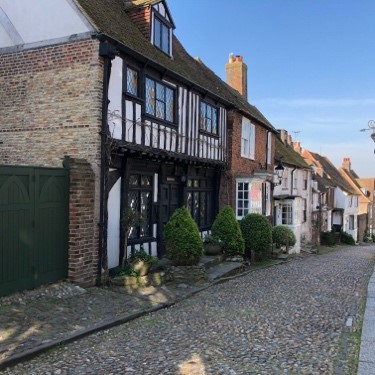
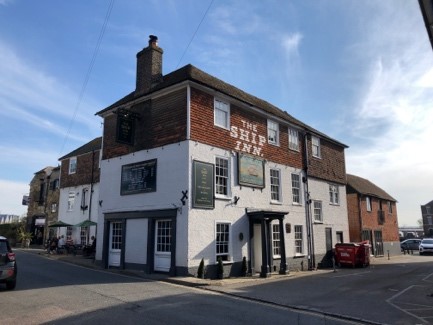 I turn off the delightfully named Wish Street onto Wish Ward in the direction of a disused factory, a piece of industrial heritage referencing the area’s past. A former bakery, it now houses a pottery. I walk past picturesque redbrick and half shingle houses. The pretty townhouse along a cobbled street with a new Jaguar parked outside tells a story that I’m only too familiar with from Cornwall where the picturesque rural setting can hide great disparities in wealth. Mermaid Street, with its ancient, rounded cobbles, opens up to my left. The Ship Inn – my destination after 7 hours traveling from Cornwall, sits in an attractive riverside location. After dumping my bags, I go for a run along a levee between the river and a nature reserve. It’s a lovely part of the world – startlingly flat compared to Cornwall.
I turn off the delightfully named Wish Street onto Wish Ward in the direction of a disused factory, a piece of industrial heritage referencing the area’s past. A former bakery, it now houses a pottery. I walk past picturesque redbrick and half shingle houses. The pretty townhouse along a cobbled street with a new Jaguar parked outside tells a story that I’m only too familiar with from Cornwall where the picturesque rural setting can hide great disparities in wealth. Mermaid Street, with its ancient, rounded cobbles, opens up to my left. The Ship Inn – my destination after 7 hours traveling from Cornwall, sits in an attractive riverside location. After dumping my bags, I go for a run along a levee between the river and a nature reserve. It’s a lovely part of the world – startlingly flat compared to Cornwall.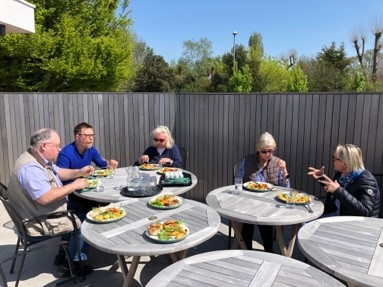
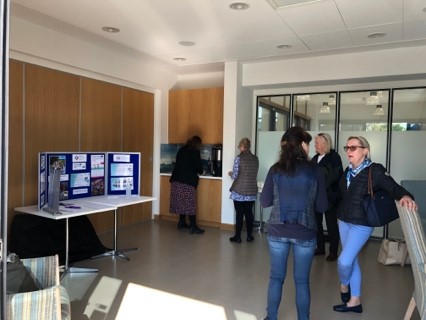 We have a great meeting, discussing the volunteer experience of using the HAIRE toolkit – especially the Guided Conversation – and the legacy of HAIRE which will be felt through the pilot projects in Age Friendly Rother, now officially a part of the World Health Organisation’s Age Friendly Community programme.
We have a great meeting, discussing the volunteer experience of using the HAIRE toolkit – especially the Guided Conversation – and the legacy of HAIRE which will be felt through the pilot projects in Age Friendly Rother, now officially a part of the World Health Organisation’s Age Friendly Community programme.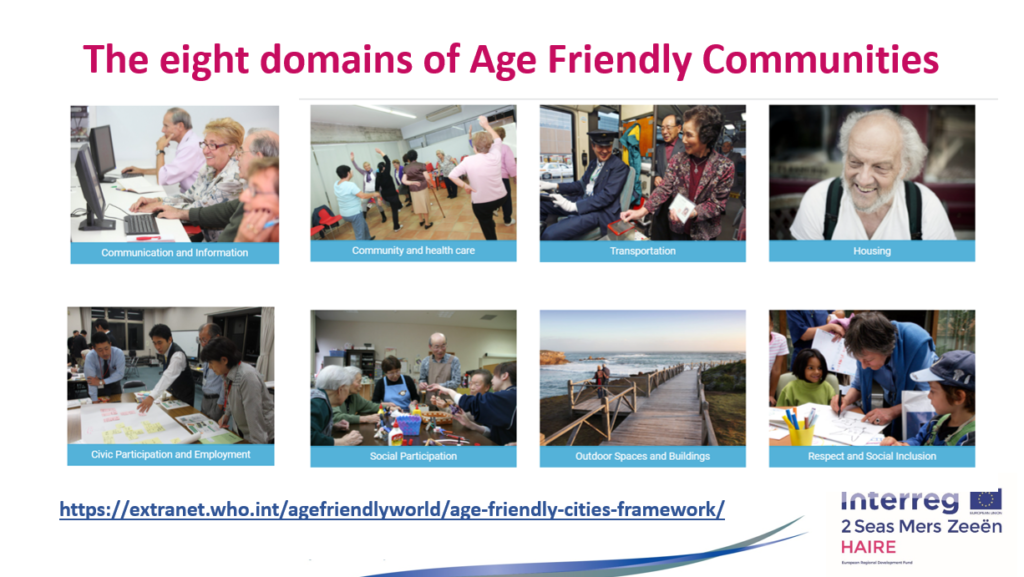
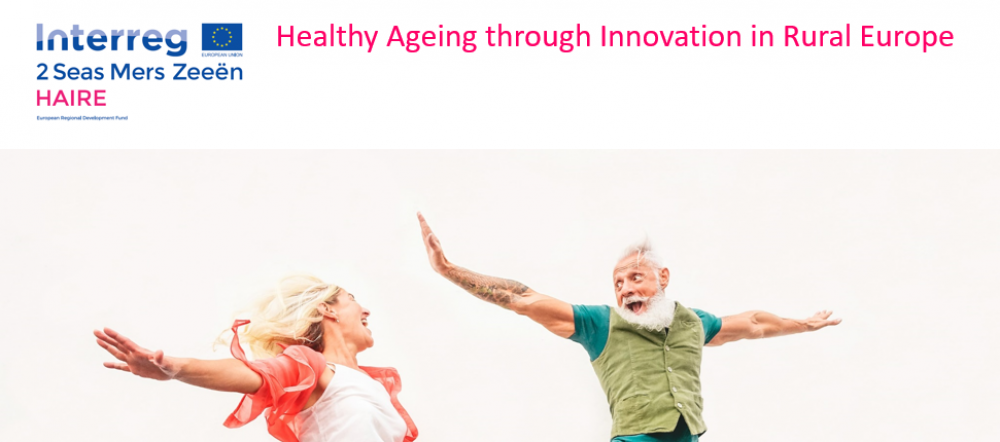
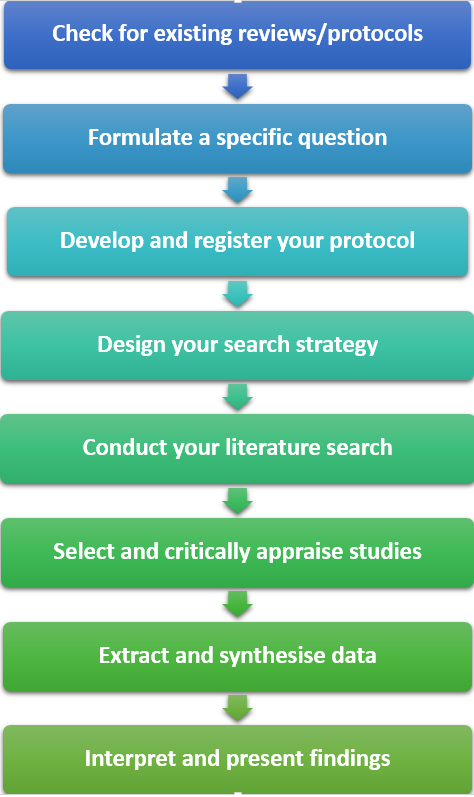
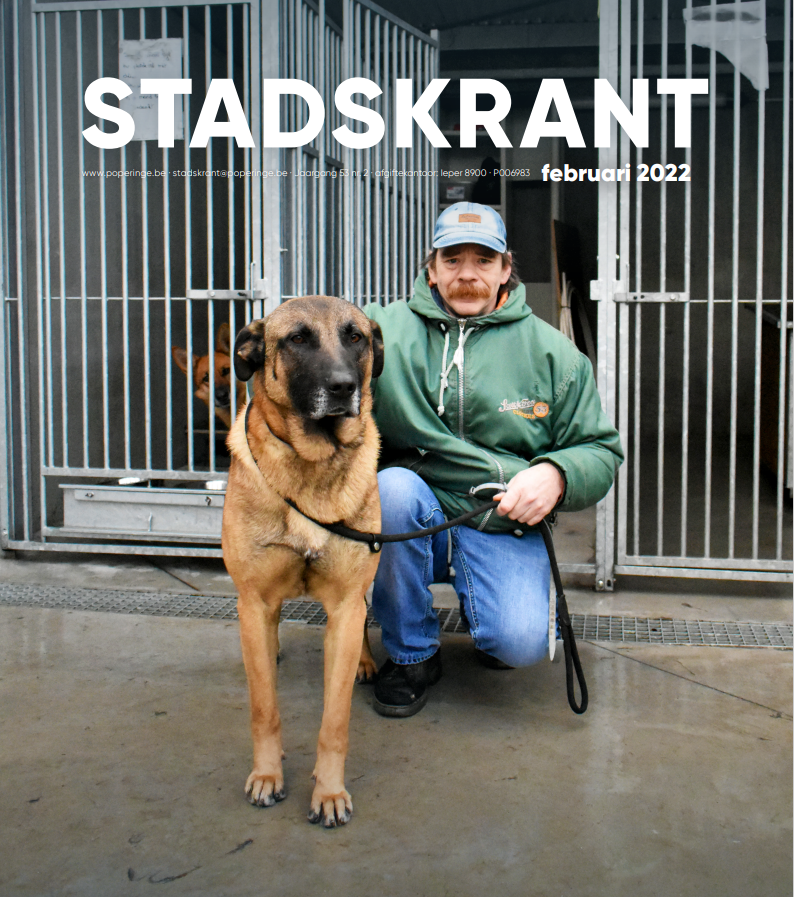
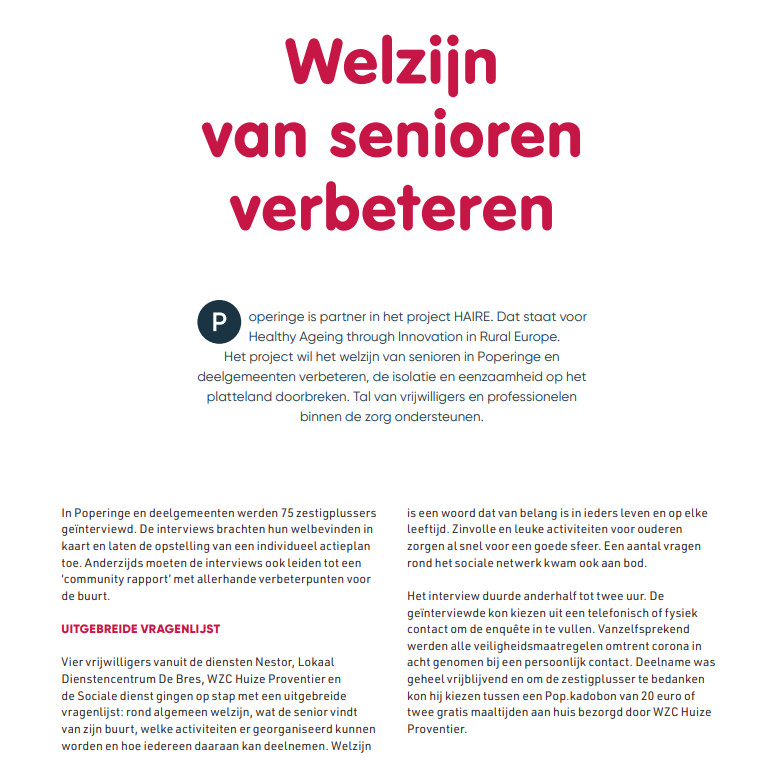
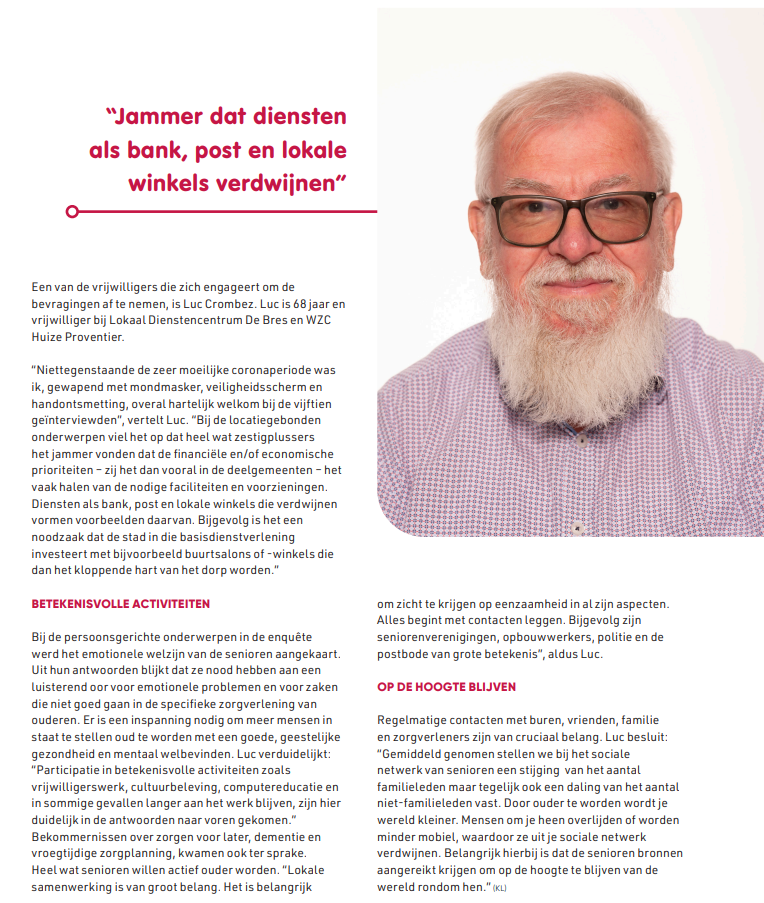
 Season’s Greetings! After nearly two years of working together throughout the Covid pandemic, the team has still not managed to meet up in person since the project launch in early 2020. At the end of 2021, plans for our first face to face gathering were once again thwarted by the emergence of Omicron, but we are still finding ways to connect with each other on a personal level despite everything. To celebrate the season, the HAIRE team got together virtually to share their favourite family recipes from each of our four countries: the UK, France, Belgium and the Netherlands. Such was the response we decided to make our own HAIRE recipe book, featuring tasty dips and snacks, desserts and treats from across the 2Seas region. Below are a few highlights …bon appetit!
Season’s Greetings! After nearly two years of working together throughout the Covid pandemic, the team has still not managed to meet up in person since the project launch in early 2020. At the end of 2021, plans for our first face to face gathering were once again thwarted by the emergence of Omicron, but we are still finding ways to connect with each other on a personal level despite everything. To celebrate the season, the HAIRE team got together virtually to share their favourite family recipes from each of our four countries: the UK, France, Belgium and the Netherlands. Such was the response we decided to make our own HAIRE recipe book, featuring tasty dips and snacks, desserts and treats from across the 2Seas region. Below are a few highlights …bon appetit!

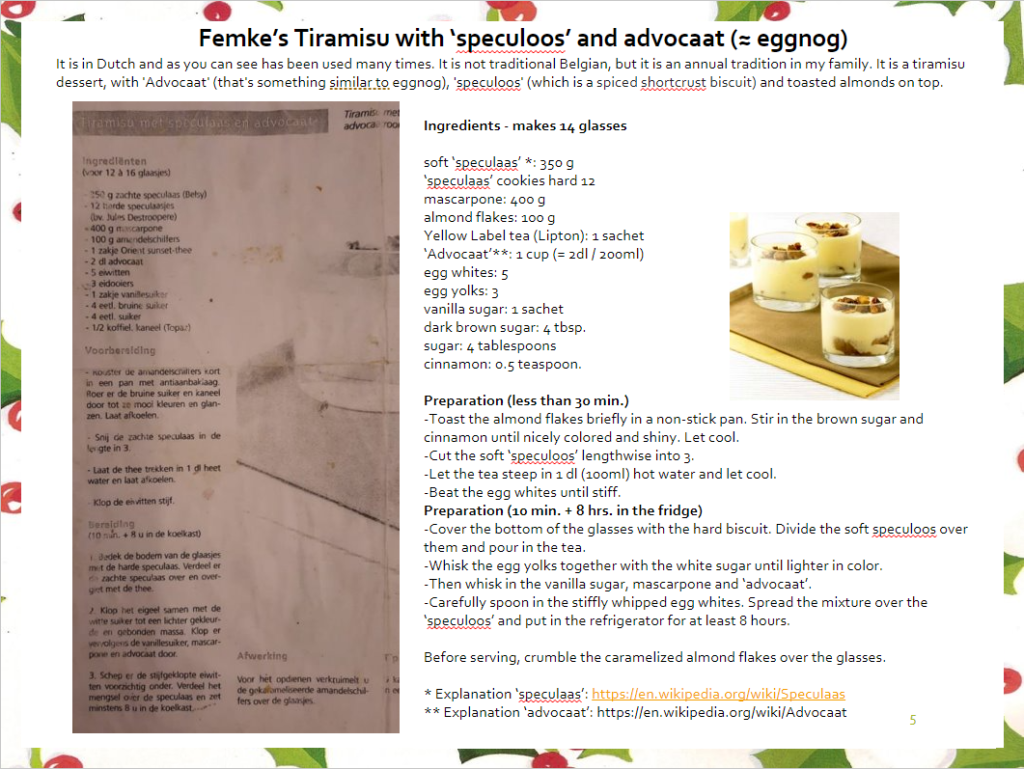





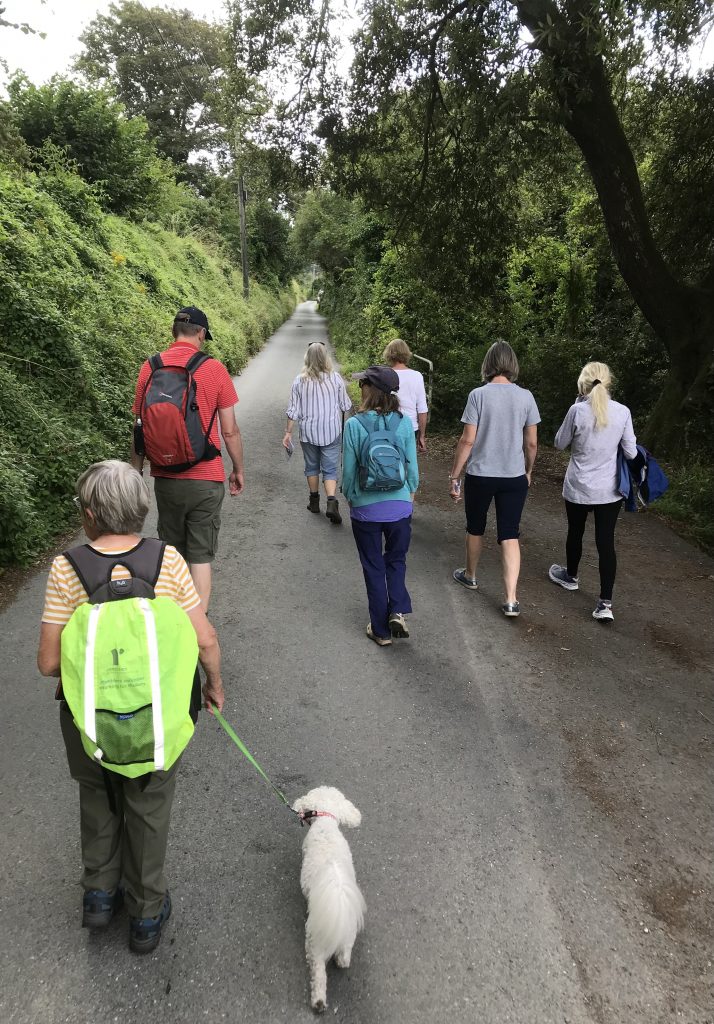
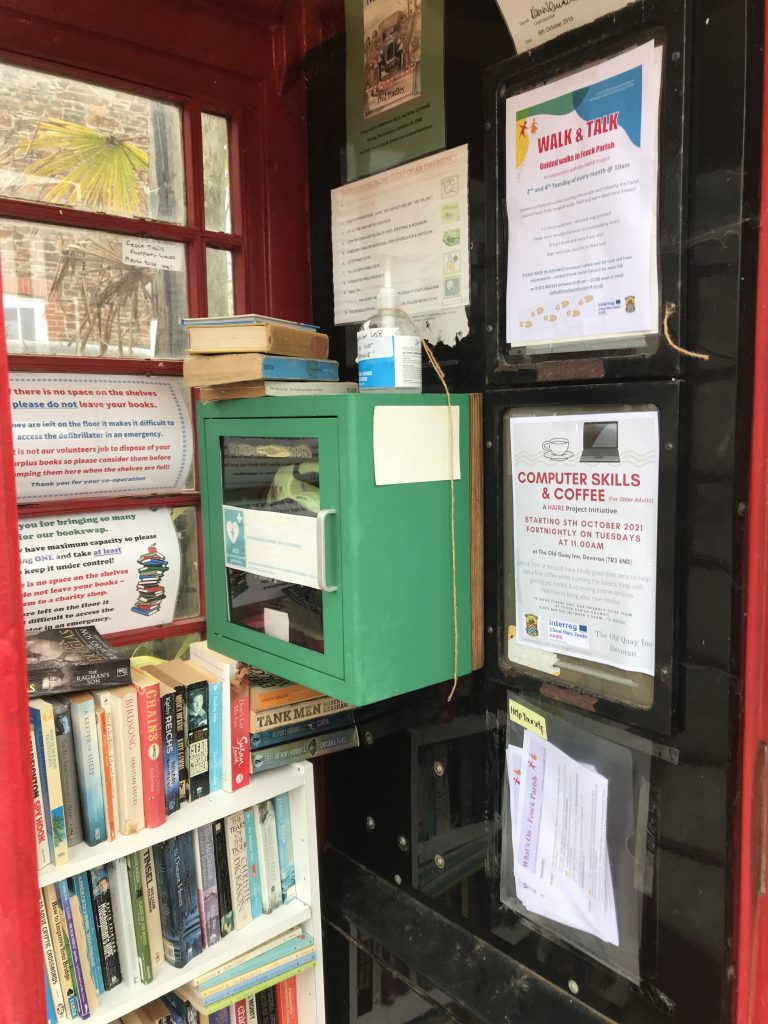
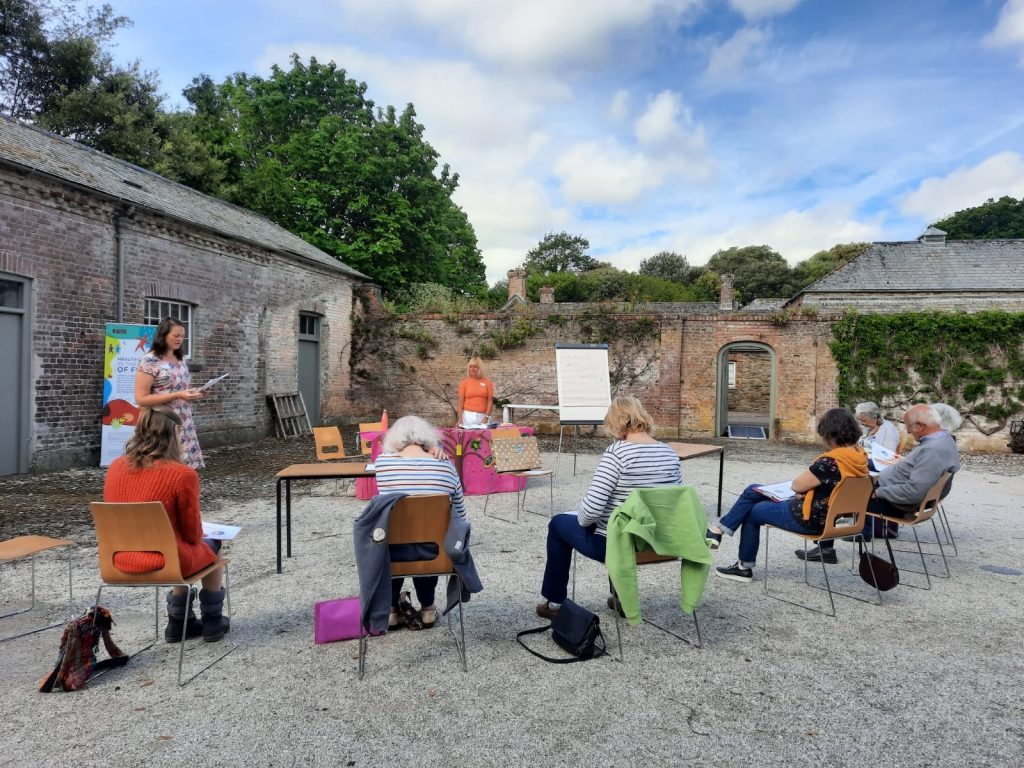

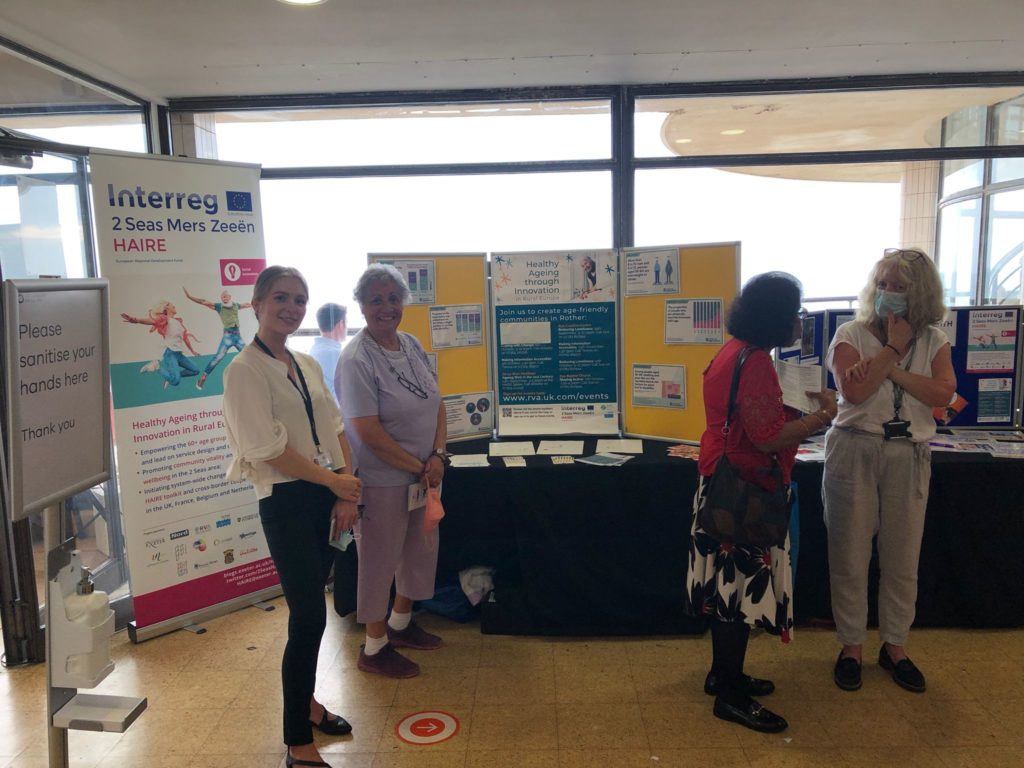
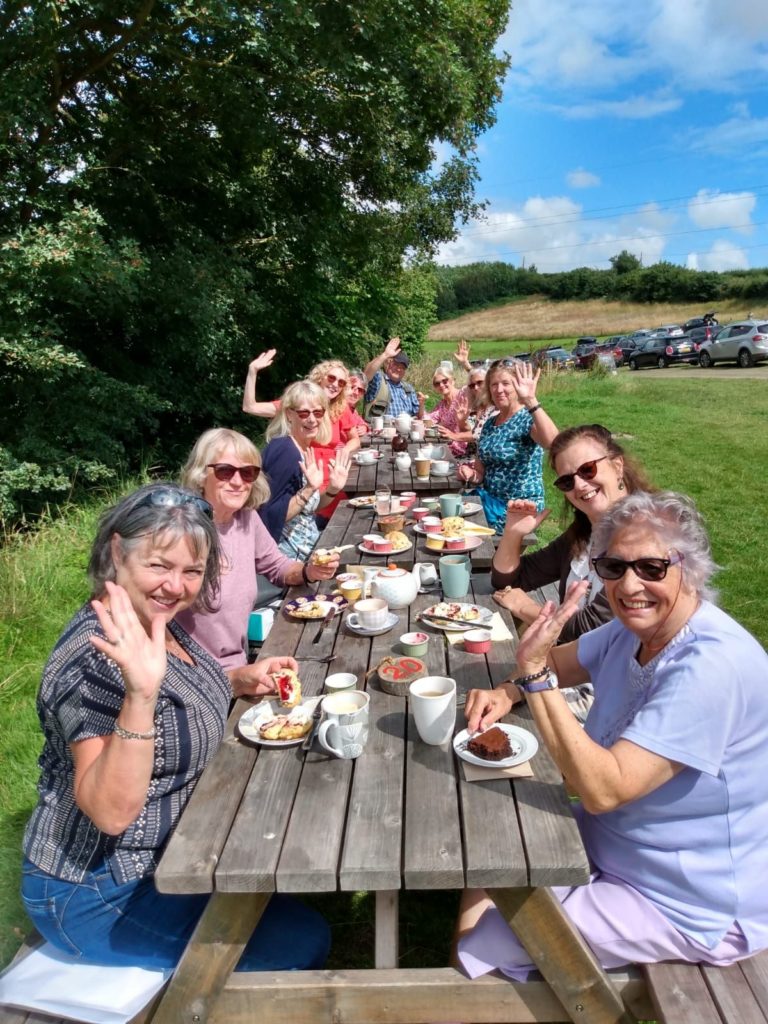
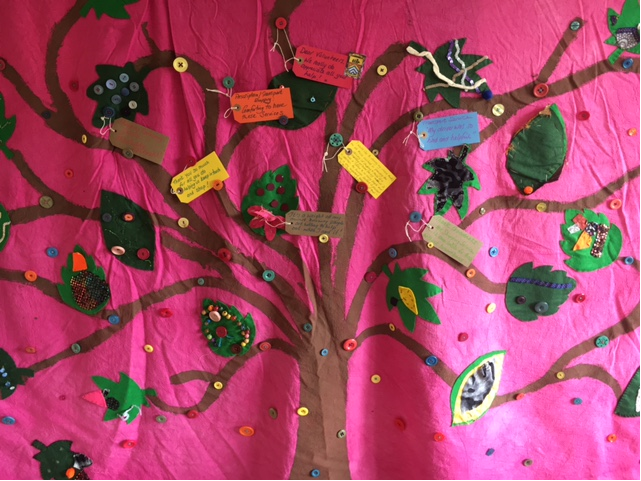
 Ha sido una primavera fría y recia para todos los miembros de la comunidad HAIRE: el Reino Unido registró la temperatura más baja en abril desde 1922. Sin embargo, hoy brilla el sol y nos sentimos más esperanzados mientras nos preparamos para el verano y la apertura de nuestras comunidades. A finales de abril, los colaboradores de HAIRE habían elaborado los primeros borradores de los informes comunitarios de nuestras zonas piloto, que combinan la información obtenida en las conversaciones guiadas, los planes de acción y el análisis de los barrios. Nuestros colaboradores se preparan ahora para nuestro próximo gran reto: crear conjuntamente una prestación de servicios innovadora en los lugares piloto y fuera de ellos que responda a los retos identificados en sus zonas. Algunos retos son exclusivos de los centros piloto y otros se derivan de problemas comunes en la Europa rural.
Ha sido una primavera fría y recia para todos los miembros de la comunidad HAIRE: el Reino Unido registró la temperatura más baja en abril desde 1922. Sin embargo, hoy brilla el sol y nos sentimos más esperanzados mientras nos preparamos para el verano y la apertura de nuestras comunidades. A finales de abril, los colaboradores de HAIRE habían elaborado los primeros borradores de los informes comunitarios de nuestras zonas piloto, que combinan la información obtenida en las conversaciones guiadas, los planes de acción y el análisis de los barrios. Nuestros colaboradores se preparan ahora para nuestro próximo gran reto: crear conjuntamente una prestación de servicios innovadora en los lugares piloto y fuera de ellos que responda a los retos identificados en sus zonas. Algunos retos son exclusivos de los centros piloto y otros se derivan de problemas comunes en la Europa rural.